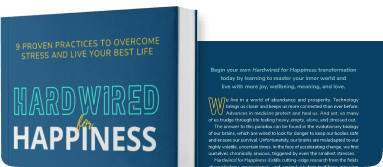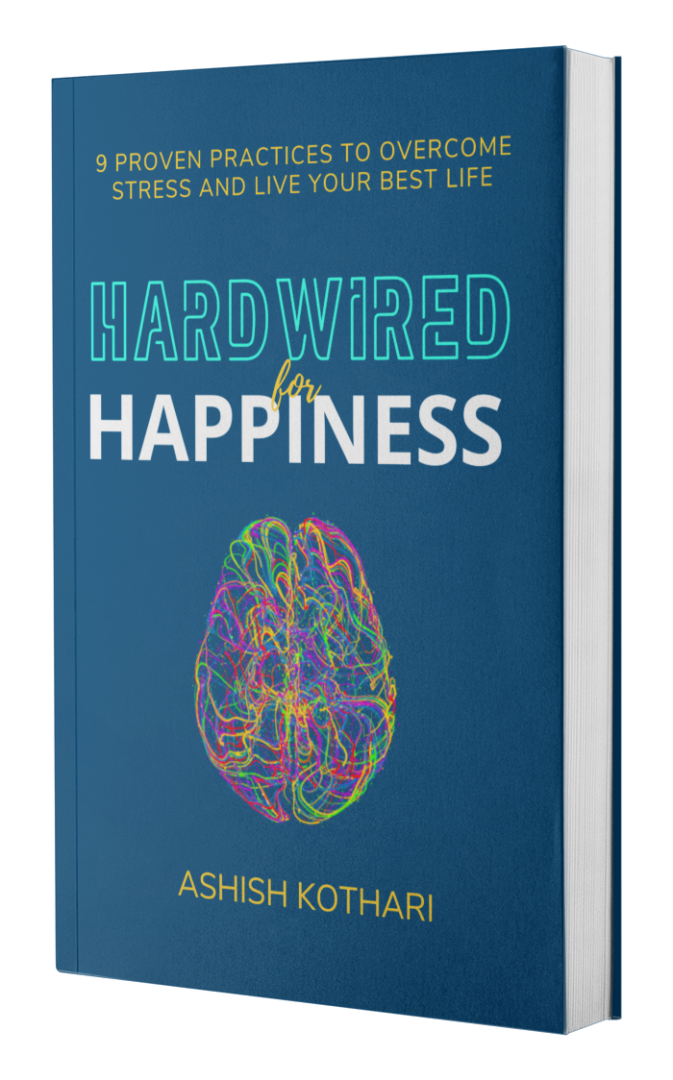From Knowing to Doing: How Emotional Intelligence and NeuroCoaching Drive Work Wellbeing

We don’t have a knowledge problem.
We have a doing problem.
So much of what we know about human flourishing, happiness, and leadership has been known for decades—some for centuries. The science is in. The stories are ancient. Yet here we are in 2025: 70% of people are disengaged at work, burnout is at an all-time high, and emotional intelligence—despite being hailed by the World Economic Forum as a top leadership skill—is on the decline.
That’s why I invited Dr. Dan Docherty to sit down for a conversation.
Dr. Dan Doherty is the President of Braintrust, a Professor at Miami University and has a PhD in Management. Here’s what I took away—and what I hope every leader and manager remembers as we try to build work cultures that uplift, not deplete.
Emotional Intelligence Is Not Optional. It’s Foundational.
Most people still treat emotional intelligence (EQ) like a soft skill.
Dan said it best: “Let’s stop calling them soft skills. These are real skills. They’re non-negotiable for effective leadership.”
I couldn’t agree more.

At its core, emotional intelligence is about:
- Self-awareness: recognizing your emotions and how they impact you.
- Self-management: choosing your response, not reacting automatically.
- Social awareness: tuning into others’ emotions and perspectives.
- Relationship management: navigating conversations, feedback, and conflict with empathy and clarity.
“Most leaders can’t even name the four domains of EQ,” Dan shared. “We talk about empathy, but we don’t even know where it fits in the model.”
That’s not a judgment—it’s a wake-up call. And it’s not just conceptual. It’s deeply physical. When we’re triggered, we lose cognitive control. Our limbic brain takes over. Unless we train ourselves to notice, name, and regulate our emotions, we get taken over by them.
Action Step: Journal Your Emotions
Dan offers one of the simplest but most powerful practices: emotion journaling. “Our Apple Watches now have mood logs,” he said. “Track how you feel and why. Over time, you’ll start to notice patterns—and once you see them, you can shift them.”
Leadership Training for Managers Must Move Beyond Workshops
Dan and I both agree: One-hour workshops on EQ are not enough.
Leadership is not learned in a day. It’s a practice.
As Dan put it: “Over $50 billion a year is spent on leadership development. But without sustained coaching, it’s mostly wasted. We mandate a minimum of three to six months of reinforcement coaching with every client.”

We also talked about how most organizations respond to high turnover or poor engagement by tweaking compensation or tweaking goals.
“But what if it’s a conversation problem?” Dan asked. “What if your managers simply don’t have the tools to have conversations of impact?”
He shared the story of working with a healthcare company whose manager turnover dropped from 25% to just 4%—not because of a big incentive scheme, but because they invested in building a coaching climate, grounded in emotional intelligence and intentional communication.
The Power of NeuroCoaching: Vision, Mission, and Situational Conversations
What makes NeuroCoaching different from traditional coaching?

Dan’s framework, co-developed with his partner Jeff Bloomfield at Braintrust, is built on three pillars:
- Shared Vision – Not just organizational vision, but a personal understanding of your team’s individual values and stories. “If you don’t know your people’s top five values,” Dan said, “you’re missing the doorway to true connection.”
- Aligned Mission – Leaders often overlook the need for clarity on strategy, standards, and strengths. “People want accountability and high standards—but they want them delivered with care and respect,” he reminded us.
- Situational Conversations of Impact – NeuroCoaching gives leaders a structure for navigating conversations with intention. Dan teaches a “6P” model: Purpose, Perspective, Plan, Path, Progress, and Problems. “Coach the plan, not just the person,” he said. “Under stress, we lose access to our goals—but if we’ve planned, we have something to hold onto.”
“A coaching climate is not soft. It’s strong. It’s what keeps people at the table—especially your top talent.” — Dr. Dan Docherty
Work Wellbeing Requires More Than Engagement Surveys
One of my core beliefs is this: You can’t perform at your best unless you’re emotionally regulated.
And that’s becoming harder and harder.
Between rising complexity, constant change, and a 24/7 grind culture, most professionals today are stuck in a chronic sympathetic state. Our bodies are flooded with cortisol. We’re constantly on alert. And we’re not recovering.
“We give the best of us from 9 to 5—and then come home empty, exhausted, and emotionally depleted. Our kids don’t hear about the wins. They hear about the frustrations.” Ashish.
That’s not the world I want to live in. And I know you don’t either.
Which is why our work must focus on more than productivity—it must focus on well-being at work.
Action Step: Micro-Breaks to Rewire Energy
One practice we teach in our Happiness Squad REWIRE program is the 5-5-10 energy reset:
- 5-minute break mid-morning
- 5-minute break mid-afternoon
- 10-minute lunch walk or quiet time
“Try it for one week,” I tell leaders. “Then compare your energy levels, your mood, and how you show up at home.”
Clay Christensen said in his book, How Will You Measure Your Life, business, and leadership can be the noblest profession.
If you lead the right way, you impact so many lives, just not with the products and services you put out there, but with the environments you create for people to grow and develop and activate their fullest potential. But you can only do it through intentionality.
Learn more about Dan on Linkedin.
Listen to the podcast with Ashish and Dan below.
Access and subscribe to all of the episodes of the Flourishing Edge Podcast here.
Visit the REWIRE Program powered up by the HAPPINESS SQUAD Community and experience your shift within your 30-day risk-free trial today. Cultivate your Self-Awareness, Gratitude, Purpose, Community, and personal growth more through the 9 Hardwired for Happiness practices. Integrate simple and proven micro-practices grounded in the science of happiness and neuroscience of habit formation in 5 minutes a day.
Make Flourishing Your Competitive Edge.


